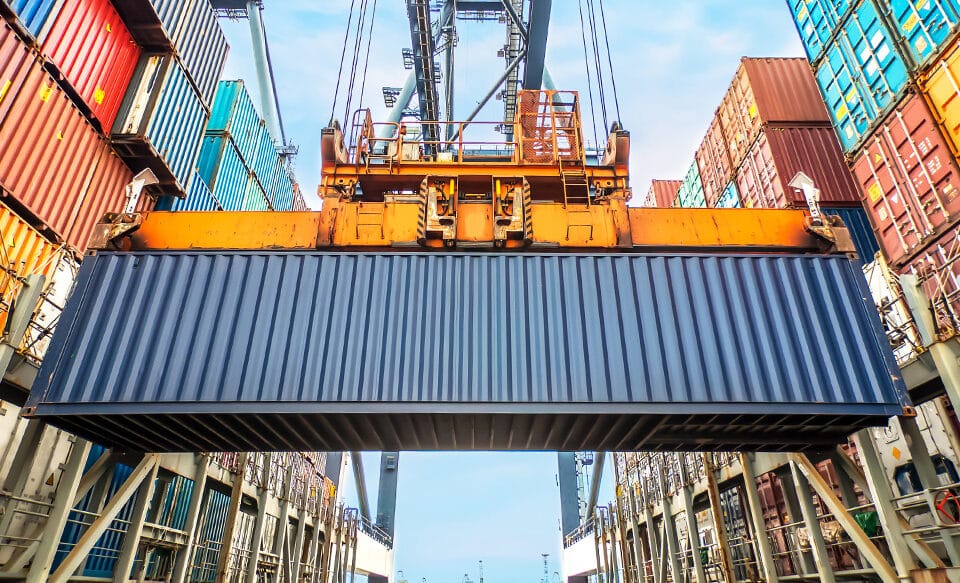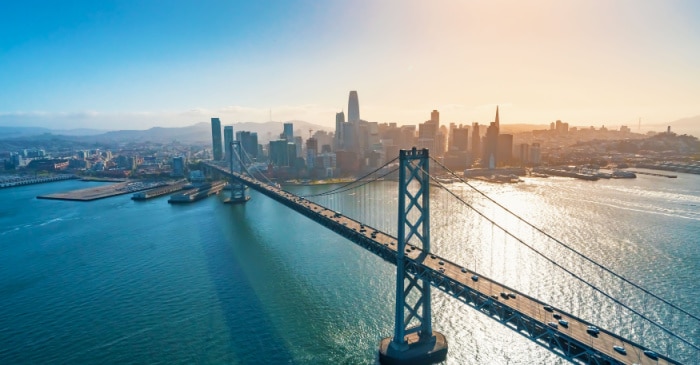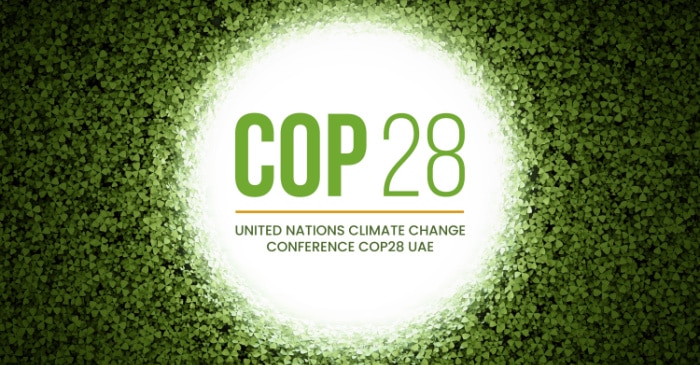Sandpiper is publishing a detailed research report on its Turbulent Times research of 3,050 business leaders in 27 countries. It shows 73% believe a fundamental cause of the tariff and trade conflict is the policies of the current US administration, against 62% who say it is China’s trade policies. Despite high levels of anxiety, 38% of business leaders in ASEAN countries and 21% in China say they are not well prepared to deal with current geopolitical risks.
- All
- AI and Emerging Technology Integration
- Aviation
- Capital Markets
- Company News
- Consumer Brands
- Content Strategy
- Corporate Communications
- Crisis and Issues Communications Management
- Digital Communications
- Education
- Energy and Environment
- Environmental, Social and Governance (ESG)
- Financial
- Government and Public affairs
- Health
- International media
- Media Relations
- Multimedia Design and Production
- Primary Industries
- Professional Services
- Property and Infrastructure
- Public Relations
- Research
- Strategy
- Technology
- Travel and Hospitality
The first mandated reports using the New Zealand climate standards will be published in the coming months for large publicly listed companies. Read more to understand New Zealand Climate Standards, the principle of New Zealand Climate Disclosure, and more.
China’s political landscape is complex. In this article, we take a close look at its intricate political environment, the importance of strategic insight, and what businesses can do to engage in the policy-shaping process.
The 2023 APEC Economic Leaders’ Week will kick off in San Francisco in November, bringing together world leaders, ministers and senior officials from the 21 Member Economies of APEC - representing between them some 40 per cent of the world’s population, and nearly 50 per cent of global trade.
As stakeholders demand more action and commitment from businesses in combating climate crisis, COP28 presents a unique opportunity for companies to demonstrate their commitments, shape policies and influence inter-governmental discussions on climate action.
With ESG and green financing gaining momentum in Asia, companies wishing to drive sustainable growth and join the global push toward net zero should keep abreast of the changing regulatory landscape and be prepared for new developments.







